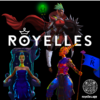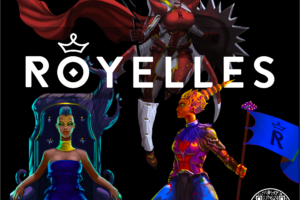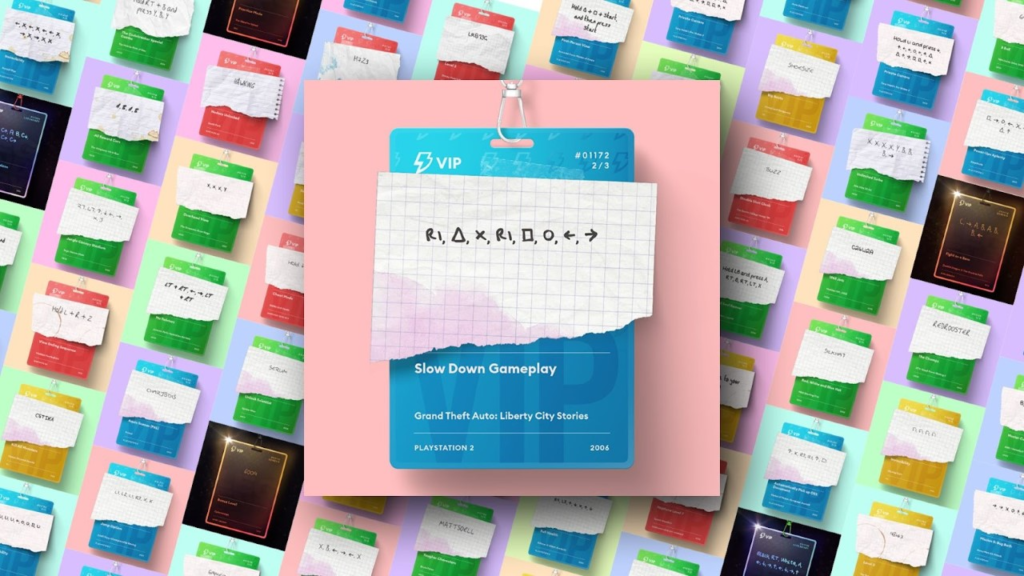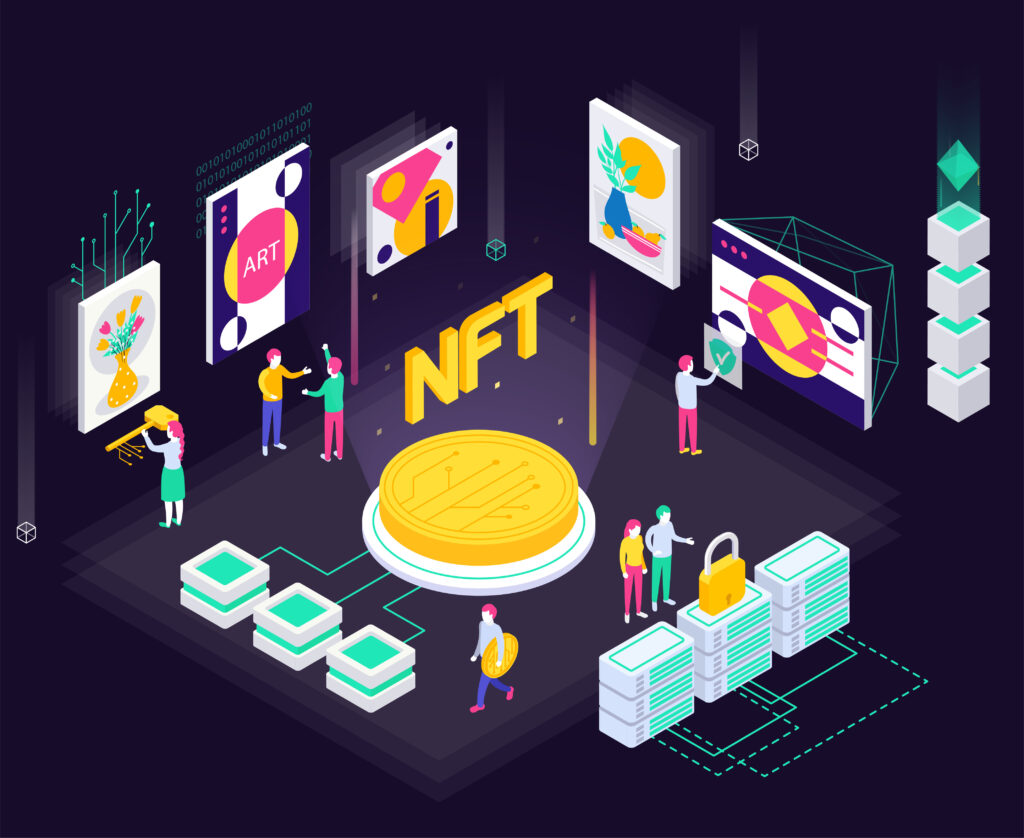
Following an electric 2017, this year has hit like a slap in the face for many an ICO. The latest blow to the cryptocurrency community comes as Google bans crypto ads. The giant search engine decided to come down hard on any content related to ICOs, trading exchanges, and wallets. The ban is effective from June of this year.
In what feels unnervingly like censorship (something Google knows about all too well), we’ll no longer see crypto ads appearing on our screens. More than 40 percent of millennials already use adblockers. However, the rest of us may miss seeing news and opportunities from this mysterious world.
And it will certainly take the wind out of ICO sails.
Facebook Also Banned Crypto Ads
Google isn’t the first major tech company to ban crypto ads. In fact, Facebook led the way earlier this year, citing responsibility to its users.
But the Google announcement may come as a shock to many, as they reveal a major update to their financial services-related advertising policy.
Scott Spencer, Google’s Director of Sustainable Ads, quoted in CNBC, said, “We don’t have a crystal ball to know where the future is going to go with cryptocurrencies, but we’ve seen enough consumer harm or potential for consumer harm that it’s an area that we want to approach with extreme caution.”
Rather like China’s sweeping ban on cryptocurrency of all stripes, Google’s ban of crypto ads is also comprehensive. Even legitimate cryptocurrency offerings will no longer be allowed to use their advertising services. That includes the search engine’s own websites, as well as third party sites.
The Crypto World is Uncertain
While cryptocurrency has made a lot of people wealthy, it’s still a largely volatile place. Regulation for the most part is absent, and scam artists have already claimed as much as 10 percent of all ICO funding.
Google, like Facebook, claims to have a responsibility to its users. In 2017 alone, it removed more than 3 billion adverts that were in violation of their policies. More than 80 percent of Google’s parent company revenue is made from advertising. Assuring advertisers that the ecosystem is safe is vital to the company.
The Silence is Deafening
Google’s ban on crypto ads will surely shine a light on the other elephant in the room. If cryptocurrencies and blockchain are so revolutionary, why haven’t they gotten on board with the technology yet?
While there is no definitive answer to this question of yet, some speculate that it is because the blockchain fails to live up to the marketing hype surrounding it.
However, Paul Brody, global blockchain innovation leader at EY, stated, “Cryptocurrencies – and the blockchains they run on – are a technical revolution that should enable a transformational set of new business technologies… We think everything from the digital media business to supply chains will be transformed with this technology in the coming years.”
Whether blockchain is a revolution or not and Google, Facebook, Apple, and Amazon are missing out remains to be seen. But it’s going to be an interesting show.
















We stumbled over here from a different web page and thought I should check things out.
I like what I see so i am just following you. Look forward to going over your web page for a second time.
Hi, I do believe this is a great blog. I stumbledupon it 😉 I am going to revisit once again since i have
book marked it. Money and freedom is the best way
to change, may you be rich and continue to help others.
I used to be able to find good info from your blog articles.
I’m really impressed with your writing skills and
also with the layout on your blog. Is this a paid theme or
did you customize it yourself? Anyway keep up the nice quality writing, it is rare to see
a great blog like this one these days.